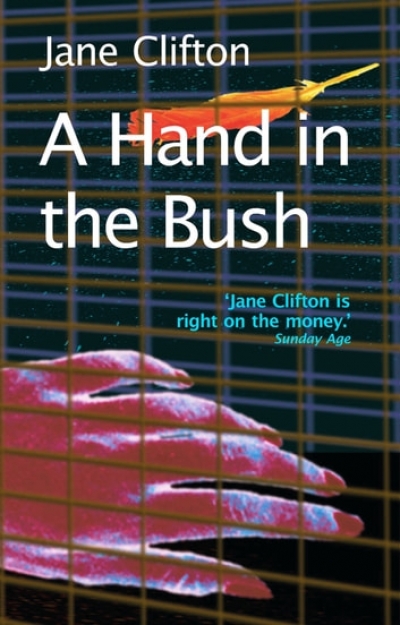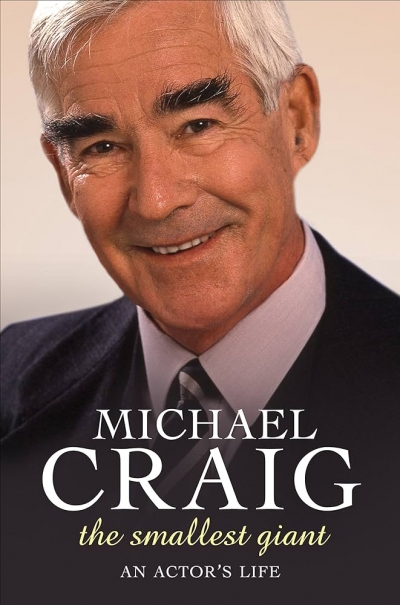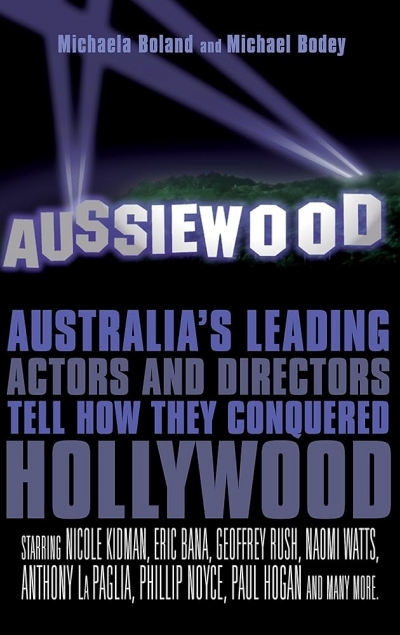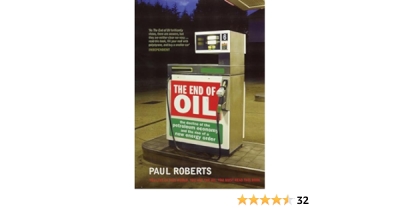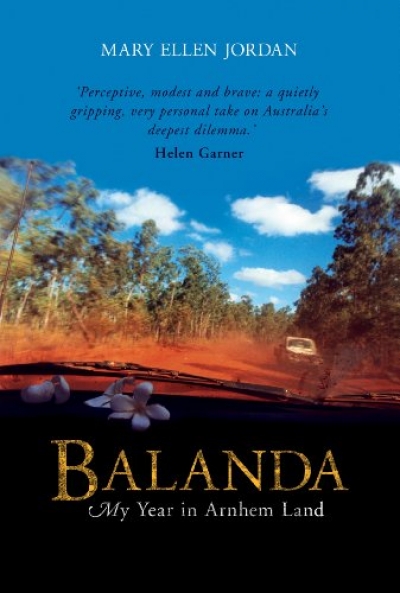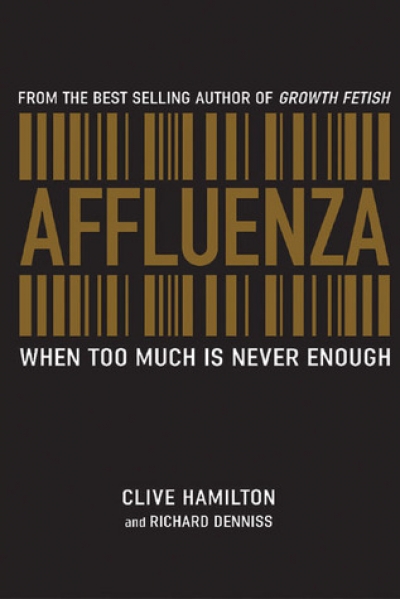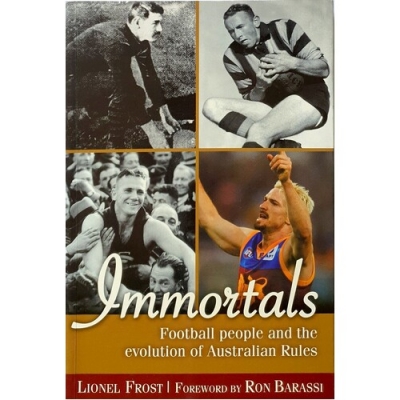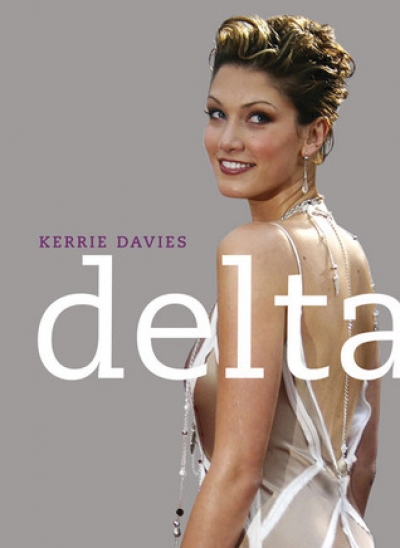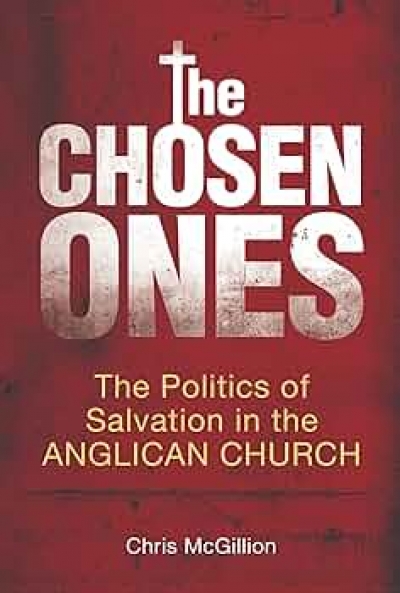Allen & Unwin
A Hand in the Bush by Jane Clifton & Death by Water by Kerry Greenwood
by Jake Wilson •
Aussiewood by Michaela Boland and Michael Bodey & Trade Secrets by Terence Crawford
by Richard Johnstone •
Affluenza: When too much is never enough by Clive Hamilton and Richard Denniss
by Amanda McLeod •
Immortals by Lionel Frost & Keeping the Faith by Steve Strevens
by Brian Matthews •
The Chosen Ones: The politics of salvation in the Anglican Church by Chris McGillion
by Ann-Marie Priest •

